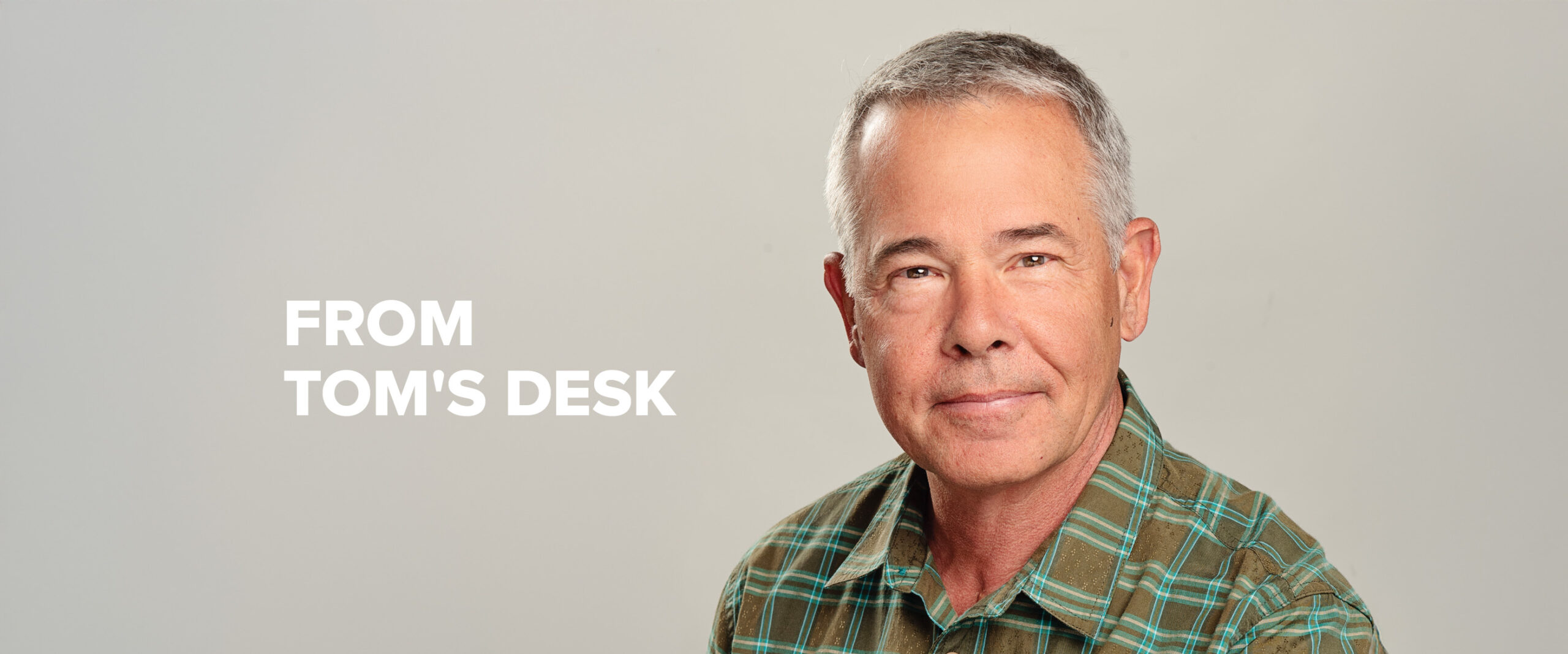The Marvel of the Incarnation

One of my all-time favorite friends volunteered in his retirement at a homeless shelter cooking meals, serving men and women whom life had wounded, heading home only after the kitchen was thoroughly cleaned and ready for tomorrow. I often wondered what he might say when someone asked, “What did you do before you were a dishwasher?” He never would have offered that he was a Senior Vice-President at a multi-billion-dollar aerospace and technologies company, or that he had a Ph.D. in physics. Both were true, but he shunned adulation.
In most public and professional gatherings, it is a social convention to ask others about their lives, their families, their work accomplishments. If they are polite, they will reciprocate, and we will relay (only) the best things about our life story. Where do you work? What is your title? Have you ever published? Do you have children? Where do they go to daycare; preschool; high school; college? What neighborhood do you live in? What do you drive? Where was your latest and greatest vacation? Pastors are not exempt. I have never been to a conference that someone has not asked how big is your church? Or how much is your annual budget? Naturally, we are happy to talk about ourselves in the most favorable light as we put our best foot forward.
This is what makes Christmas so remarkable at the deepest level. He who possessed every perfection and unlimited power condescended to the unfathomable depths of being human. From all eternity Jesus Christ was face to face with God the Father and the Spirit. He was in very form—God. He performed the works only God can do; creating the world and all things in it; holding the universe in perfect order; performing miracles throughout Old Testament history. And then, late in time behold Him come – offspring of the virgin’s womb. The incarnation of Jesus is the most marvelous surrender of privilege and status that the world has ever witnessed.
He who was and is and is to come – the all-glorious, omnipotent, and self-sufficient God – gestated in Mary’s womb for nine months. Once born He was laid in a feeding trough, nursed and daily cared for by his mother, taught to walk and work by his father. Although He was a son, he learned obedience through what He suffered. And suffer He did, all the way to the cross. He did not consider equality with God a thing to be grasped but emptied Himself by taking on the form of a servant. He did not flaunt His rank; He laid it down to bring us to God.
This is the spirit of Christmas: humility, generosity, and love. May God help us give glory to the new-born King as we exemplify these virtues by His grace. The marvel of the incarnation compels us to incarnational ministry to the world. Let us be humble as we make room in our hearts for Jesus to lead us. Let us be big-hearted and open-handed in our giving to ministries like Calvary and projects that impact the world. Let us be loving enough to see and meet the needs of those still searching for hope and grace in Jesus.
With love and appreciation for you and your vital role in the ministry of Calvary, Lucy and I wish you a very Merry Christmas!
Tom
Senior Pastor



Recent Comments